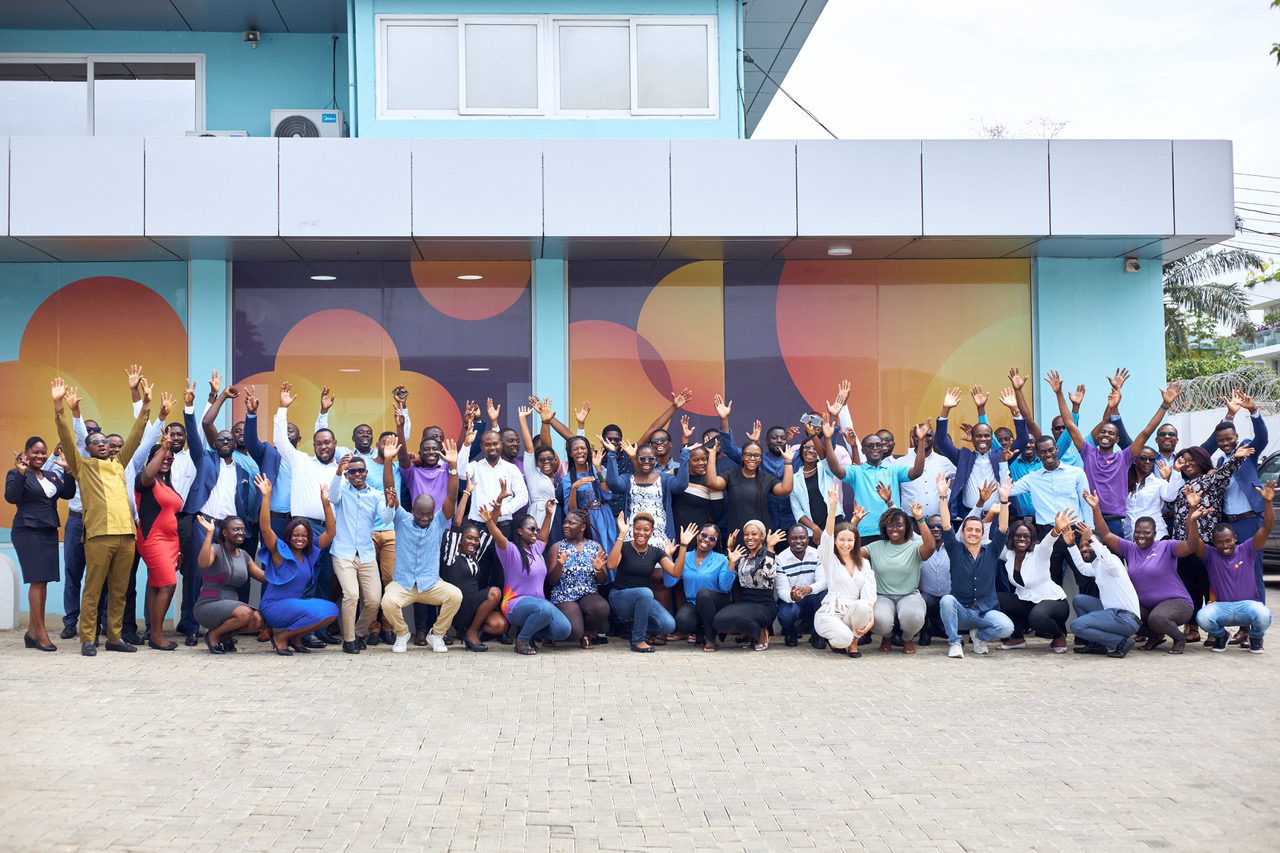Renew Capital, an investment firm specialising in African ventures has funded the rapidly growing digital bank Affinity Ghana.
One of Affinity’s main goals is to help 350 million African adults who do not have bank accounts. With a focus on individuals whom traditional banking systems have marginalised, their goal is to make banking services available to everyone.
Established by Tarek Mouganie, the online bank provides a full suite of financial products and services. Examples are loans, money transfers, payment processing, and checking and savings accounts. Offering competitive interest rates and a no-account-fee policy are two parts of Affinity’s business model that make banking more affordable.
At Affinity, Tarek is the top executive, and he has stressed time and time again the importance of the bank’s efforts to increase financial inclusion to make banking more accessible and cheaper for everyone.
Read also: Ghanaian startup acquires Waffle software-as-a-service (SaaS) provider
After launching in 2020 with the purchase of a microfinance company in Ghana, Affinity has experienced phenomenal growth since then. More than 17,000 clients have been served since it received an upgraded licence in 2022 from the Bank of Ghana. The financial institution boasts that it assisted customers in saving up to $26 million and extended loans totalling $12.5 million in just the last year.
Grazia Equity, Enza Capital, Launch Africa Ventures, and Nour Nouf Knowledge Company are prominent financial institutions supporting Affinity’s efforts to make banking more accessible. It plans to keep working towards its goal of making banking accessible to everyone, thanks to its many loyal supporters.
Affinity’s focus on financial inclusion, why is Renew Capital important
Most African economies rely on small and medium-sized businesses (SMEs), but these businesses can’t prosper without easy and affordable access to capital. Financial inclusion, according to Dr Tarek Mouganie, will stay just a buzzword until they achieve this.
Credit is available to just 6% of Ghana’s SMEs. Despite having 95% access to bank accounts, only 15% of African SMEs can get credit, creating a financing gap of over $330 billion. Most of these credit lines are short-term (seven days to three months) and high-interest (6-20% per month) and originate from digital lenders or microfinance institutions. The loans are only good for short-term funding (emergencies, working capital) and have many long-term drawbacks, but these lenders fill a need that conventional banks have failed to meet.
Conventional banks often avoid small and medium-sized enterprise (SME) loans. Most African countries have a weak lending ecosystem, with little data and plenty of cash. Small business loans carry a higher risk than larger loans to corporations at a time when banks are expanding their balance sheets by double digits. Changing the approach of an established bank is also very challenging.
The way out
For lenders to carry out their duties efficiently, SMEs require the combined efforts of policymakers and investors to enhance the ecosystem. There will be an increase in nonperforming loans (NPLs) and banks turning away depositors due to the minimum loan-to-deposit ratio of 65% that the Central Bank of Nigeria instituted to promote lending. Many banks’ assets are held in government bonds rather than loans. Funds will be drawn down from the books.
Another case is Ghana, where a Tax Identification Number is now mandatory for all bank account holders. This requirement was imposed without digitising the process, which has caused frustration for banks and discourages the unbanked from opening bank accounts.
Rather than stepping in to address the symptoms of a systemic problem, policymakers should focus on improving infrastructure. It can be achieved by building organisations with databases and API access, allowing for better access to data in areas such as tax and business registration. Regarding regulation, governments can crack down on predatory lending and other unethical practices. They can also prohibit financial institutions from offering services like buying lottery tickets through their mobile apps.
Read also: China’s rice technology nourishes Africa’s needs
Creating solutions with the long term in mind is essential when dealing with investors. It is not the correct course of action to demand that conventional lenders alter their approach; even though technology allows us to skip ahead, consumers must be prioritised when developing cutting-edge solutions. The investor community must back and promote these innovative solutions.
We need to create a retail banking model that offers low-interest growth capital for the long term if small and medium-sized enterprises (SMEs) in Africa will thrive. The kind of financing that small and medium-sized enterprises (SMEs) can use to expand their operations, hire more people, and pay their fair share in taxes.
Let us, until then, resolve to reframe financial inclusion as the guarantee of affordable and accessible financial services to all people and companies.




